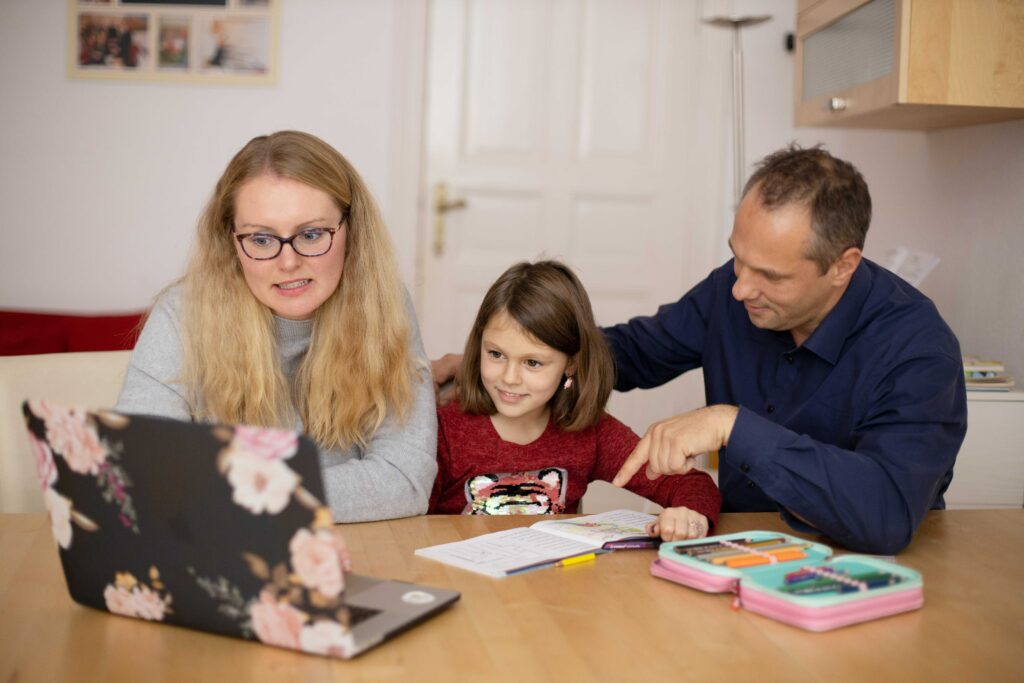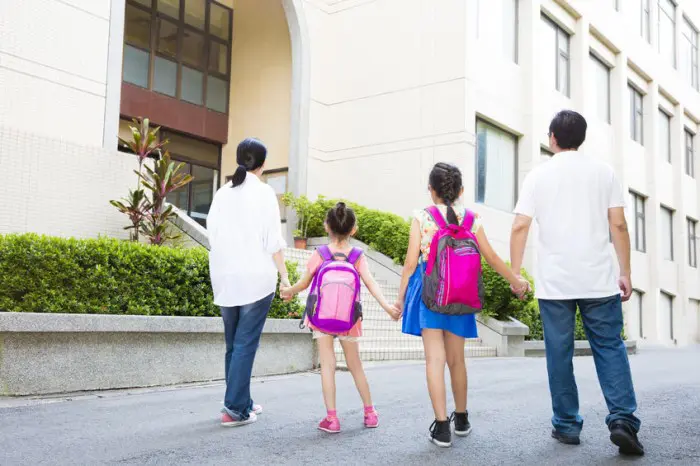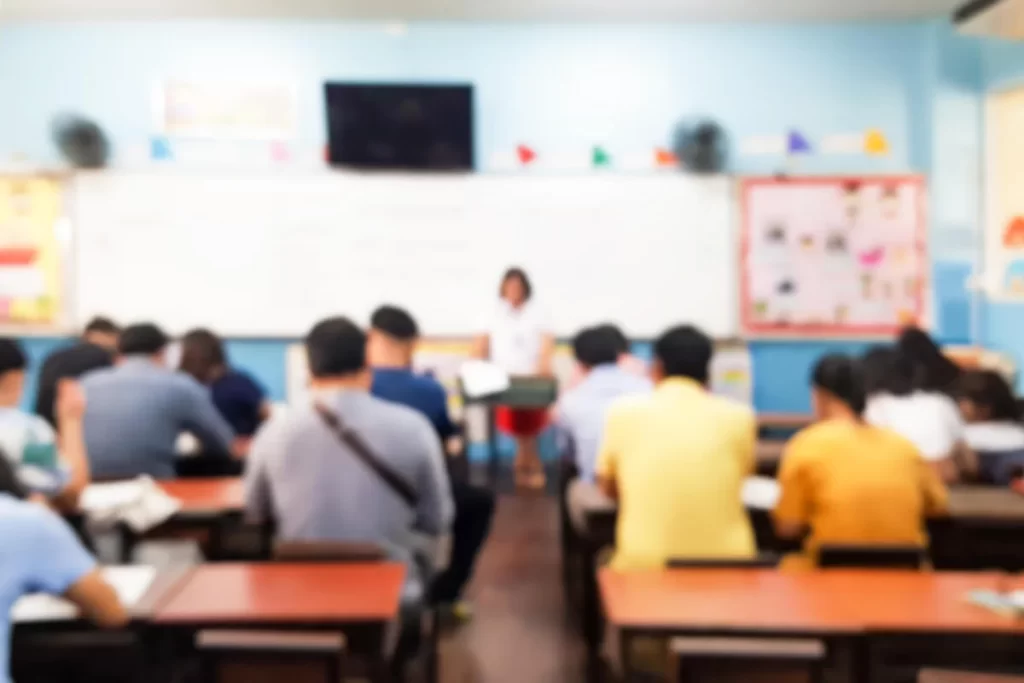STRENGTHENING THE BOND BETWEEN TEACHERS AND FAMILIES
- Autor invitado
- Mar 20, 2022
- 4 min read
By SUSANA BAENA, primary school teacher and speech therapist, and ÀLEX MUÑOZ, pedagogue and collaborator at the Instituto Relacional.
As teachers, we strive to maintain a relational model with children that provides them with security — a space where they feel special and can develop their full potential.
Very often, our educational work focuses mainly on the students. But what do we do to make families feel part of the relational network we build with children? How do we connect families to what happens at school? What initiatives do we carry out beyond reports or informative emails, which are often impersonal? How many families do we really know by name? Do we know what they do in their lives? Maybe we know that Jorge’s mother is a doctor — but what kind of doctor? And what is Jorge’s father’s name?
Sometimes, families are almost invisible agents within the school — we don’t know who they are beyond being parents or grandparents. Yet they, too, are part of the educational community and the learning process of the children.
From our daily practice, we’d like to share some examples that can help reposition families and strengthen their role within the school and its relational environment.
A simple but essential element is knowing the name of each family member. A “Hi Jordi, how are you?” starts a very different kind of meeting. Or saying, “Bye Cristina, tell me tomorrow how María’s afternoon went — she had a bit of a stomachache today,” creates a warmer, more personal space. This shared environment makes it easier to work together toward a common goal: the integral education of children. So if María doesn’t come to school the next day, the class can send an email to her family asking how she’s feeling and wishing her well. This way, María’s connection with her group extends beyond physical presence.
The goal is to maintain an affective relationship with children and their families — to keep them present and visible even when they’re not physically there, generating a network of relationships where all educational agents are included. This helps families like María’s feel truly part of classroom life.
The first time families meet their child’s teacher is at the start of the school year — what we call a golden moment, our “first date.” Every detail matters. Beginning that meeting with a song, a game, or a story awakens enthusiasm and helps families feel like protagonists in the educational process. It’s important they get to know us as people, not just as authority figures. Sometimes, showing our authentic selves creates closeness and trust, making it easier to share challenges and work together.
As in all relationships, the small details matter. Sometimes beautiful things happen in class, and we don’t share them. Why not send a short note, an email, or make a quick call to tell a parent that their child helped a classmate in the playground, or that they’re making a great effort to improve?
To make these small moments visible and highlight each child’s uniqueness, we can use simple strategies. For example, at the end of the week, we can ask students to share one action that made them feel special, and then send a message to their family celebrating that moment. Being a parent is not easy, and recognizing their good work strengthens teamwork between families and teachers.
Children should always see good communication between school and home. We must never make negative comments about their families in front of them. If we need to discuss something with a parent, we should do it directly — not through the child (“Tell your mom to buy you a new pencil”).
Likewise, families shouldn’t feel judged — we should understand them, recognize when they’re struggling, and support them through our daily interactions. Let’s also encourage students to care for their families — saying kind things, making small gifts, giving massages, sharing what makes them happy or worried.
If the first meeting with families is key, so is a good closing. Often, families give a small gift to the teacher at Christmas or at the end of the year — sending a thank-you email in return strengthens the bond and shows appreciation.
And when we finish a stage with a group of students and their families, we can’t forget the importance of a thoughtful farewell. Writing a personal note or email to each family, thanking them for their support, congratulating them on their wonderful children, and saying you’ll miss them, is a meaningful way to close a shared journey.
As we’ve said, every relationship needs care. If we truly want to create bonds that support and nurture the children in our classrooms, we must know and recognize the significant people in their lives — their families. These small, mindful gestures make school relationships stronger and enrich the network of trust and affection that sustains the educational process.
By SUSANA BAENA, primary school teacher and speech therapist, and ÀLEX MUÑOZ, pedagogue and collaborator at the Instituto Relacional.




![Garcia, A. (2025). [Bruna ensaya su presentación de aprendizaje delante de dos profesores y varios compañeros, en el instituto escuela Les Vinyes] [Fotografía]. El País. https://elpais.com/educacion/2025-05-23/el-metodo-educativo-opuesto-al-atracon-de-la-selectividad-las-presentaciones-de-aprendizaje.html](https://static.wixstatic.com/media/609d0b_489ff7fe91be432b83cc51b44d437825~mv2.png/v1/fill/w_980,h_653,al_c,q_90,enc_avif,quality_auto/609d0b_489ff7fe91be432b83cc51b44d437825~mv2.png)
Comments